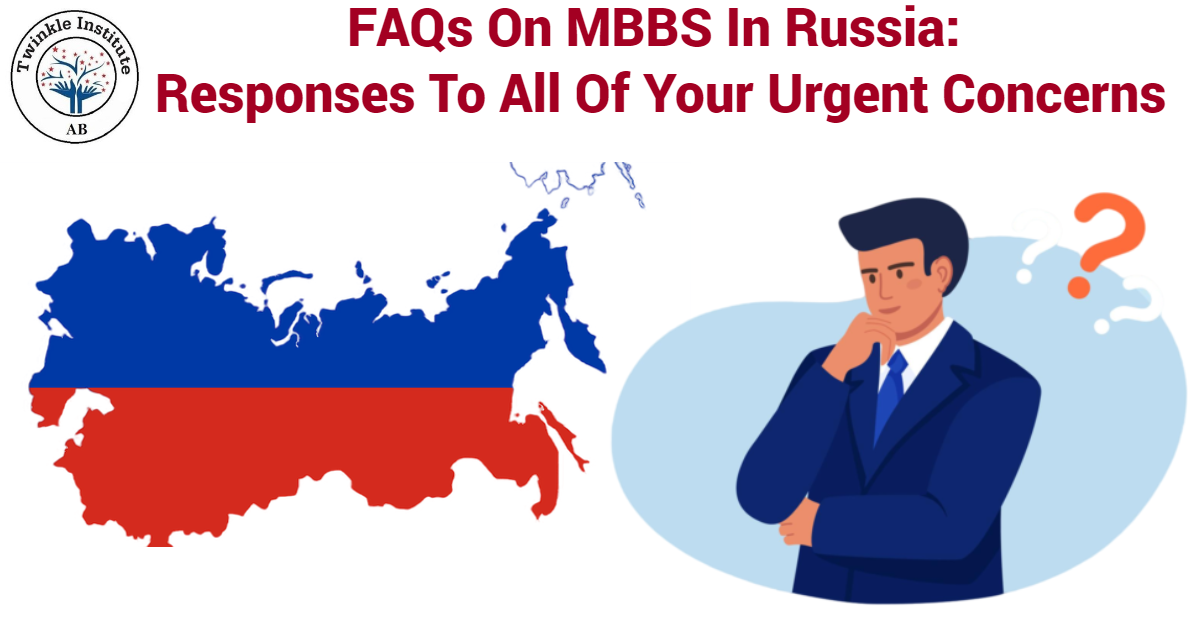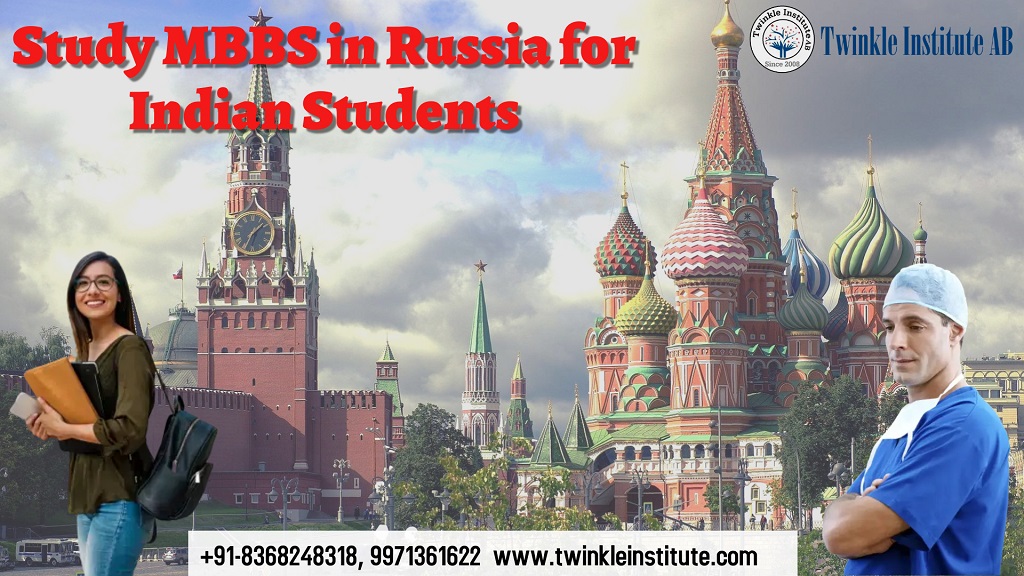
FAQs On MBBS In Russia: Responses To All Of Your Urgent Concerns
One of the most popular places for Indian students to study MBBS abroad is Russia. But because it’s a foreign nation, a lot of Indian parents and kids frequently have inquiries regarding the kinds of courses offered, the local way of life, the nation’s population, and other topics. The most frequent and important queries that potential students may have about studying medicine in Russia are attempted to be answered in this handbook. This book seeks to provide insights into many parts of the trip, regardless of why you are considering it—its cost, globally known medical universities, or its recognition on a national level.
-
What makes studying MBBS in Russia a good idea?
Given that tuition costs and living expenses are comparatively lower in Russia than in many Western nations, studying MBBS there may be an attractive option. Medical students may benefit from Russian medical colleges’ significant emphasis on practical training and abundance of equipment. The nation is home to some highly recognized medical universities.
-
What are the requirements in Russia to be eligible for MBBS?
The prerequisites for admission to different colleges may differ, but in general, you must have finished high school or obtained an equivalent degree with strong grades in courses like biology, chemistry, and physics. You might also need to fulfil language competence criteria or pass an entrance exam at some universities. The National Eligibility and Entrance Test (NEET) must be passed by Indian students who want to pursue medical studies.
-
In Russia, is NEET necessary for MBBS?
In order for Indian students to be admitted to study MBBS in Russia, they must pass the NEET test. Once their training in Russia is over, students who meet the NEET requirements can sit for the FMGE and go on to practise medicine in India.
-
Is English used as the medium of instruction for the MBBS course in Russia?
Indeed, in order to accommodate foreign students, a large number of Russian medical institutes offer MBBS course in English. It is advisable to clarify the language of instruction with the university before selecting it for your MBBS course in Russia. While learning a basic language is not a barrier for academic purposes, it is recommended that you do so for everyday contact with locals, particularly during your clinical rotation course and internships.
-
Does Russia’s MBBS have worldwide recognition?
Europe, Asia, the US, and other nations all widely recognise the MBBS degree from Russia’s top medical universities. But, it’s crucial to confirm the university’s standing in terms of recognition as well as the prerequisites for becoming a doctor in your native nation. In order for Indian students pursuing an MBBS in Russia to obtain an NMC licencing certificate, it is crucial to confirm that the specific university has been recognised by NMC, India.
-
How long does the Russian MBBS course last?
In Russia, the MBBS course lasts for six years on average. This involves a year-long internship course in addition to theoretical coursework and hands-on instruction.
-
What is the price of an MBBS course in Russia?
The cost of MBBS education varies greatly throughout universities. The average cost of tuition for an MBBS course in Russia is between INR 15 lakhs and INR 40 lakhs for international students over a six-year period. Living expenditures are another thing to think about, and they might change based on the city and your lifestyle.
-
Can foreign students work while they are enrolled in courses?
Many Russian colleges let foreign students to work part-time while they are enrolled in classes. But studying medicine is not an easy task, therefore while your time in Russia, it is crucial to maintain your concentration on your studies.
-
How can I apply for a Russia student visa?
An admission offer from a Russian medical university is normally required in order to apply for a student visa. Once you accept the offer, you may apply for a student visa in your home country at the Russian embassy or consulate. It’s best to verify with the appropriate authorities as the specific criteria and procedure may differ. Apart from helping students get into universities, Rus Education also assists students with their visa applications. If you need help completing the application process, the professionals at Rus Education can help.
-
How good is Russia’s medical education system?
Russian medical schools are renowned for offering thorough instruction with a significant emphasis on hands-on experience. But there may be differences in quality between institutions. When choosing a university, it’s a good idea to look at its facilities, professors, and reputation. For students looking to study medicine in Russia, universities like Perm State Medical University, Orenburg State Medical University, Mari State University, Pskov State University, and Ulyanovsk State University provide the greatest medical education at reasonable prices.

